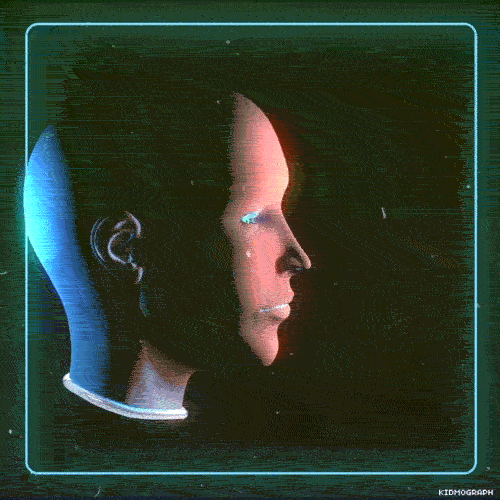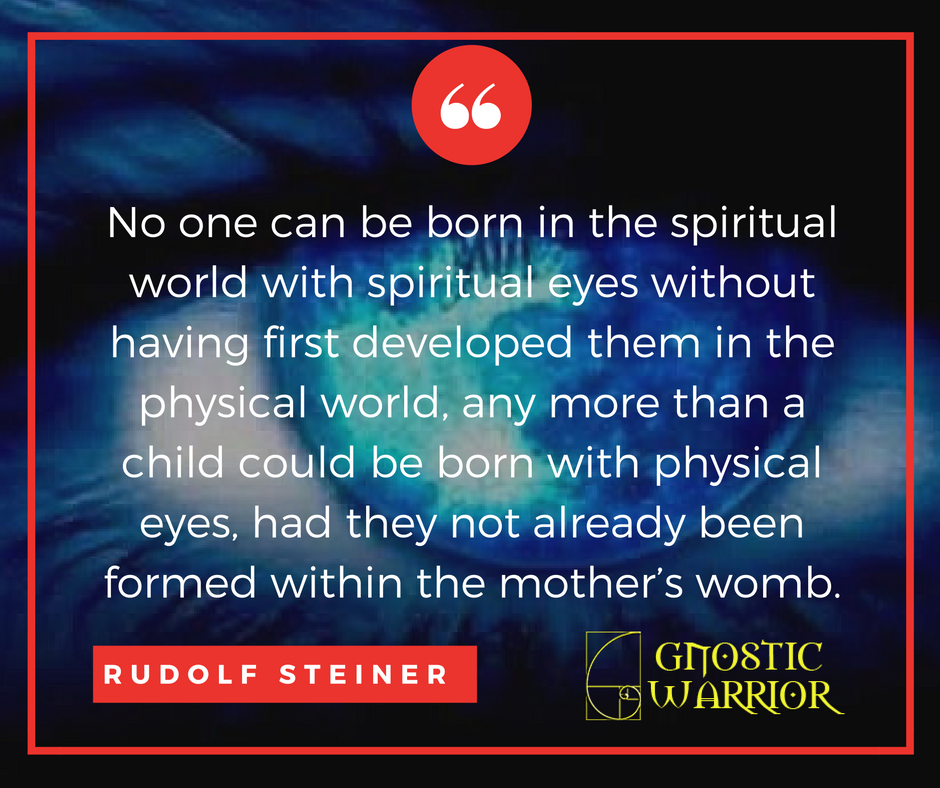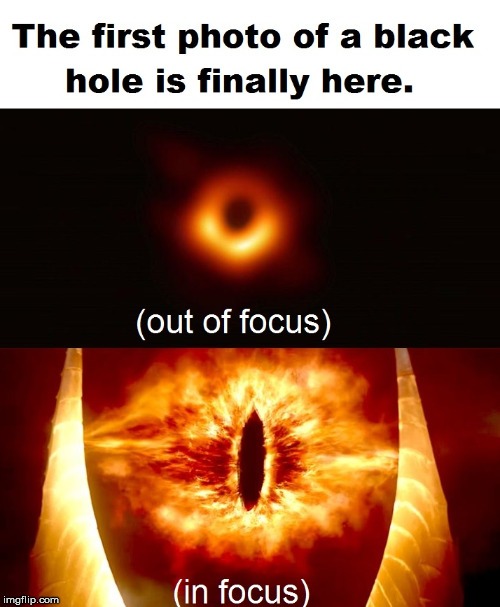But, surely among all these inchoate branches of science, there must be some one at least complete! It seems to us that we heard a great clamor of applause, “as the voice of many waters,” over the discovery of protoplasm. But, alas! when we turned to read Mr. Huxley, the learned parent of the new-born infant is found saying: “In perfect strictness, it is true that chemical investigation can tell us little or nothing, directly, of the composition of living matter, and . . . it is also in strictness, true, that WE KNOW NOTHING about the composition of any body whatever, as it is!”
This is a sad confession, indeed. It appears, then, that the Aristotelian method of induction is a failure in some cases, after all. This also seems to account for the fact that this model philosopher, with all his careful study of particulars before rising to universals, taught that the earth was in the centre of the universe; while Plato, who lost himself in
Page 409
the maze of Pythagorean “vagaries,” and started from general principles, was perfectly versed in the heliocentric system. We can easily prove the fact, by availing ourselves of the said inductive method for Plato’s benefit. We know that the Sodalian oath of the initiate into the Mysteries prevented his imparting his knowledge to the world in so many plain words. “It was the dream of his life,” says Champollion, “to write a work and record in it in full the doctrines taught by the Egyptian hierophants; he often talked of it, but found himself compelled to abstain on account of the ‘solemn oath.’ ”
And now, judging our modern-day philosophers on the vice versa method — namely, arguing from universals to particulars, and laying aside scientists as individuals to merely give our opinion of them, viewed as a whole — we are forced to suspect this highly respectable association of extremely petty feelings toward their elder, ancient, and archaic brothers. It really seems as if they bore always in mind the adage, “Put out the sun, and the stars will shine.”
We have heard a French Academician, a man of profound learning, remark, that he would gladly sacrifice his own reputation to have the record of the many ridiculous mistakes and failures of his colleagues obliterated from the public memory. But these failures cannot be recalled too often in considering our claims and the subject we advocate. The time will come when the children of men of science, unless they inherit the soul-blindness of their skeptical parents, will be ashamed of the degrading materialism and narrow-mindedness of their fathers. To use an expression of the venerable William Howitt, “They hate new truths as the owl and the thief hate the sun. . . . Mere intellectual enlightenment cannot recognize the spiritual. As the sun puts out a fire, so spirit puts out the eyes of mere intellect.”
It is an old, old story. From the days when the preacher wrote, “the eye is not satisfied with seeing, nor the ear filled with hearing,” scientists have deported themselves as if the saying were written to describe their own mental condition. How faithfully Lecky, himself a rationalist, unconsciously depicts this propensity in men of science to deride all new things, in his description of the manner in which “educated men” receive an account of a miracle having taken place! “They receive it,” says he, “with an absolute and even derisive incredulity, which dispenses with all examination of the evidences!” Moreover, so saturated do they become with the fashionable skepticism after once having fought their way into the Academy, that they turn about and enact the role of persecutors in their turn. “It is a curiosity of science,” says Howitt, “that Benjamin Franklin, who had himself experienced the ridicule of his countrymen for his attempts to identify lightning and elec-
Page 410
tricity, should have been one of the Committee of Savants, in Paris, in 1778, who examined the claims of mesmerism, and condemned it as absolute quackery!”
If men of science would confine themselves to the discrediting of new discoveries, there might be some little excuse for them on the score of their tendency to a conservatism begotten of long habits of patient scrutiny; but they not only set up claims to originality not warranted by fact, but contemptuously dismiss all allegations that the people of ancient times knew as much and even more than themselves. Pity that in each of their laboratories there is not suspended this text from Ecclesiastes: “Is there anything whereof it may be said, See, this is new? it hath been already of old time, which was before us.” In the verse which follows the one here quoted, the wise man says, “There is no remembrance of former things”; so that this utterance may account for every new denial. Mr. Meldrum may exact praise for his meteorological observation of Cyclones in the Mauritius, and Mr. Baxendell, of Manchester, talk learnedly of the convection-currents of the earth, and Dr. Carpenter and Commander Maury map out for us the equatorial current, and Professor Henry show us how the moist wind deposits its burden to form rivulets and rivers, only to be again rescued from the ocean and returned to the hill-tops — but hear what Koheleth says: “The wind goeth toward the south, and turneth about unto the north; it whirleth about continually, and the wind returneth again according to his circuits.”

Moe is the founder of GnosticWarrior.com. He is a father, husband, author, martial arts black belt, and an expert in Gnosticism, the occult, and esotericism.






